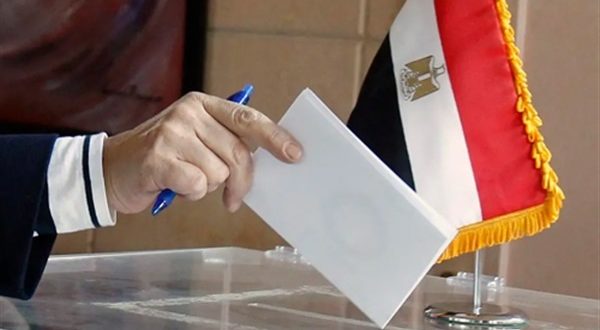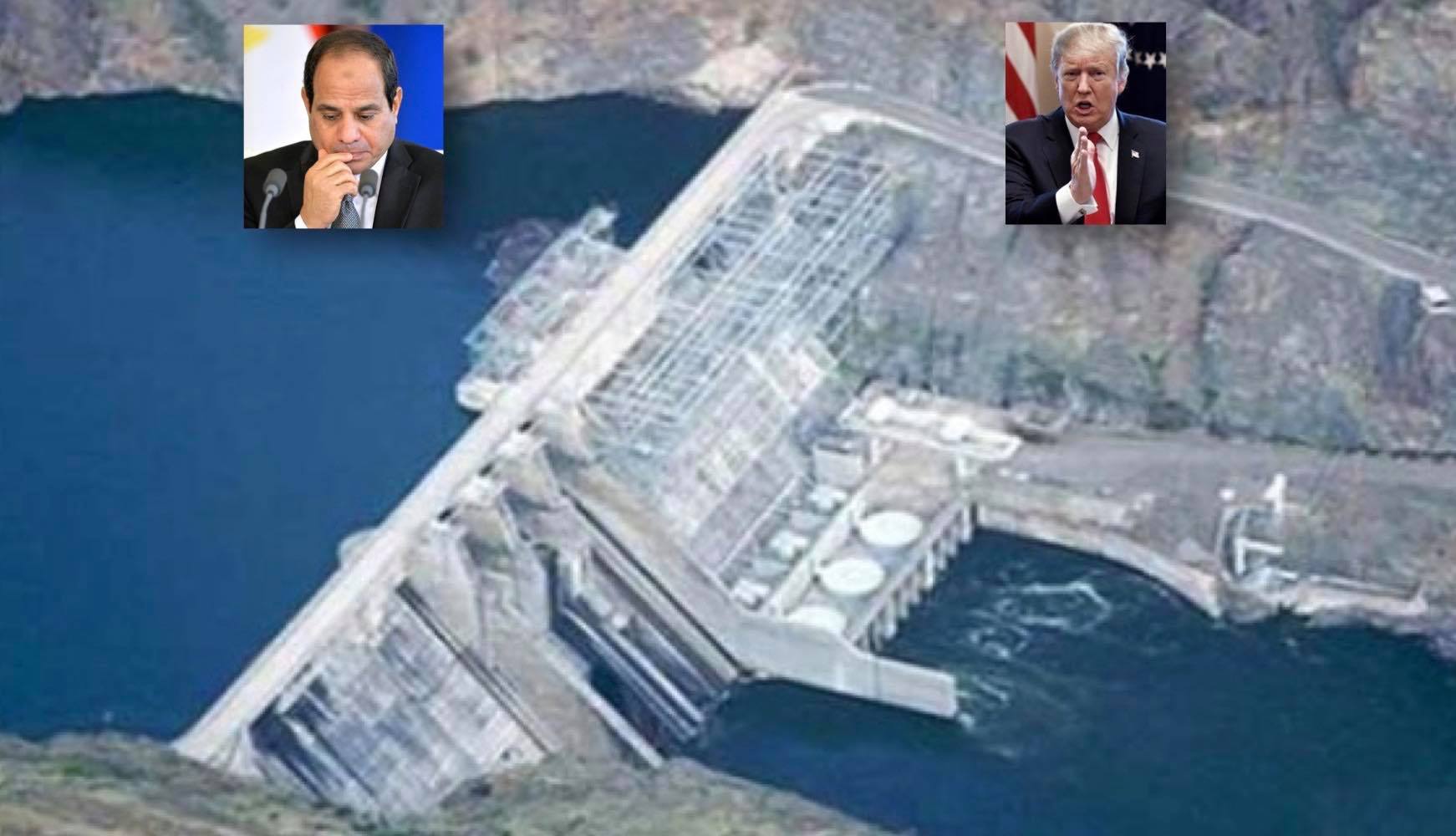Over the past few days the Libyan General Khalifa Haftar’s forces have suffered some serious losses. Haftar is supported by the Egyptian regime, in opposition to the internationally recognised forces of the Government of National Accord (GNA). Haftar’s forces, calling themselves the Libyan National Army (LNA), lost several important military locations near the city of Tarhuna, their most important stronghold in the west of Libya. The loss of those sites came in the wake of the loss of six strategic cities in western Libya, which has raised questions about why, and whether that meant a heavy loss to the Egyptian regime that strongly supports Haftar’s forces. During the past few years, the Egyptian regime has not hidden its support for Khalifa Haftar, considering that stability in Libya must come through support for the Libyan National Army which can deter terrorism. There are many reasons behind Egyptian support for Haftar’s forces, both political and financial.
Three political reasons
One of the reasons is that the Egyptian regime wants a military general in control of Libya, just like General Abdel Fattah al-Sisi, who controls Egypt. The Egyptian regime considers that when a military regime controls Libya and possibly Sudan and several other countries in the region it strengthens the position of the Egyptian regime, because this will make it natural and common in the region for generals to control the government. Another political reason is that the Egyptian regime views with suspicion the participation of Libyan Islamists in the GNA, given that the Egyptian regime came to power after a coup against the Islamists in Egypt. A third political reason for supporting Haftar’s forces is that the regional allies of the Egyptian regime, Saudi Arabia and the UAE, support General Haftar.
Financial reasons
Financial reasons are a decisive factor in the entry of the Egyptian regime as a party to the conflict in Libya, in support of Haftar. KSA and the UAE have generously paid the Egyptian regime in exchange for his military and political support for the LNA. The Egyptian regime also sees that oil-rich Libya, which is sparsely populated, may in the future be its own financial supporter. During the current year, the Egyptian regime has amended its anti-terrorism laws to include the possibility of confiscating terrorists’ funds inside and outside Egypt, whether they are financial, mineral, petroleum, or in any form. Opponents accused the Egyptian regime of paving the way for the confiscation of Libyan oil, accusing the GNA of including Islamist terrorists fighting in its ranks.
The Egyptian regime’s part withdrawal
But those financial reasons were also an important factor in the series of recent losses sustained by Haftar’s forces. During the past few months, financial support to the Egyptian regime from both Saudi Arabia and the UAE has diminished, and Libyan oil has begun to lose its luster in light of the collapse in oil prices. The Egyptian regime suddenly discovered that its presence in Libya became a burden on it, costing it financially, militarily, and also politically. The Egyptian regime informed its partners in Abu Dhabi and Riyadh of its inability to bear the cost of battles or provide the necessary military support for Haftar in light of the highly disrupted internal economic situation due to the coronavirus crisis. The Egyptian regime warned its allies that the deterioration of its economic situation or its collapse will affect Egypt’s cooperation on a number of issues in which Riyadh and Abu Dhabi depend on Cairo. But the problem is that the Egyptian regime’s allies also face a complex financial situation due to the coronavirus, and also because of the collapse in oil prices. Also, KSA and UAE apparently directed part of their funds to Russia, which has begun to throw its weight around in Libya through the mercenaries of the Russian Wagner Group. The decision to transfer part of its financial support to Wagner’s mercenaries was due to the conviction of Saudi Arabia and the UAE that they are more capable of a military settlement than the Egyptian regime, because the Egyptians did not finish the war after a year of continually attacking Tripoli. The Egyptian regime considered that its partial withdrawal from support for Haftar is a means to pressure Gulf allies to support the Egyptian economy with dollar deposits to save the situation at home, especially after the government was forced to withdraw $5.4 billion of cash reserves in the central bank one month into the coronavirus crisis. In addition to financial support, the Egyptian regime viewed the attitude of the UAE and Saudi Arabia on the issue of the Grand Ethiopian Renaissance Dam as a betrayal, because they did not provide sufficient support to Egypt over this issue.
Happiness at Haftar’s defeats
Observers say the Egyptian regime is partially happy because of Haftar’s recent defeats, as it proves that Wagner’s mercenaries cannot be a substitute for Egypt in Libya, which will force Saudi Arabia and the UAE to resume financial support to Cairo. However, voices within the Egyptian regime warned that Saudi Arabia and the UAE could abandon the issue of support for Haftar completely, in light of their financial crises. In light of France’s suffering from coronavirus, and its preoccupation with infection control measures in light of the large numbers of infected and deceased, Paris is no longer able to support Haftar as widely as it was in the past. Russia’s entry on Haftar’s side also made the United States more conservative in supporting Haftar. In addition, there are some countries whose position was previously described as neutral, for example Italy, which has begun to change its discourse and view of a solution in Libya, by accepting a Libyan solution without Haftar. Neither Saudi Arabia nor the UAE share direct borders with Libya, while Egypt shares a long border with Libya, so is more wary of losing Libya. Observers say it is too early to talk about the arrival of GNA forces to the Egyptian border (the far east of Libya), while the battles are still taking place in western Libya, the stronghold of the GNA. But analysts warn that if Haftar’s defeats continue, we may be surprised by a military situation completely different from what everyone expects. Military analysts believe that the continuation of battles at this pace in favour of GNA forces means that we will see rapid collapses that will change the political and international equation, and that is what the Egyptian regime is not ready to see, even without Saudi-Emirati financial support.





Recent Comments